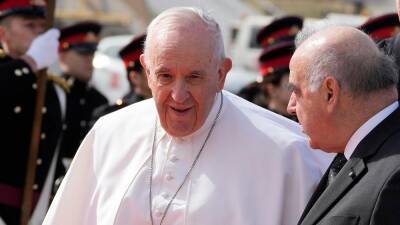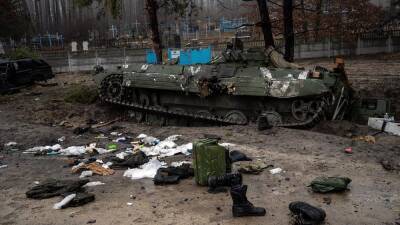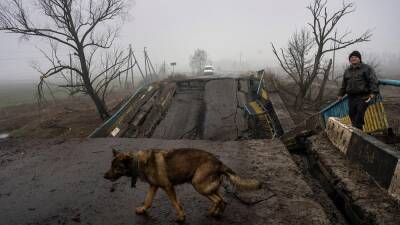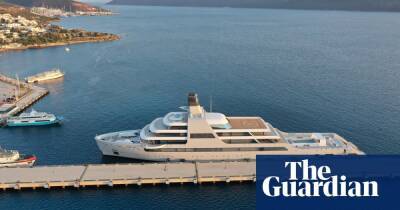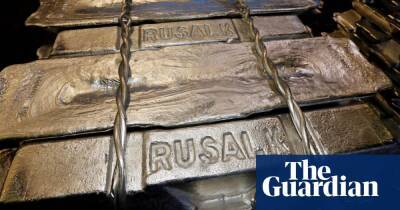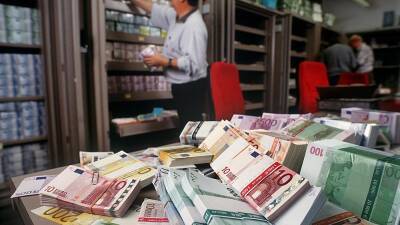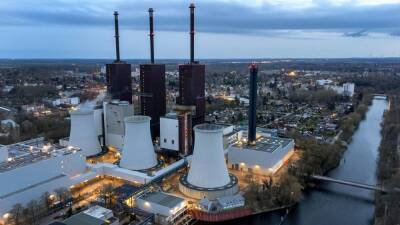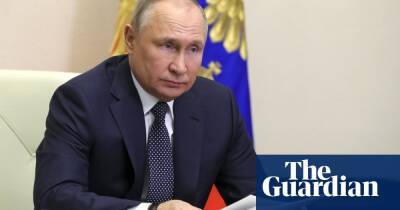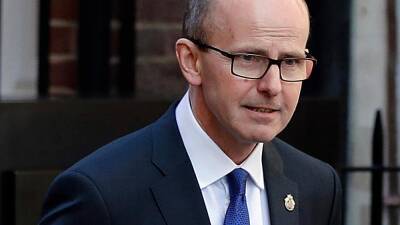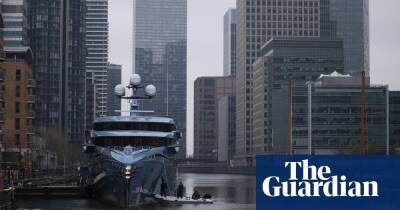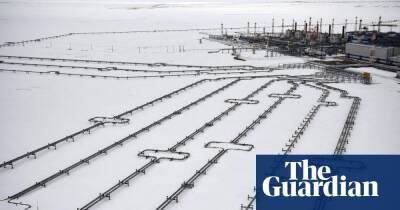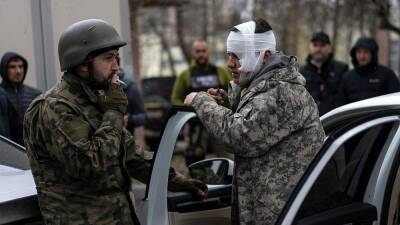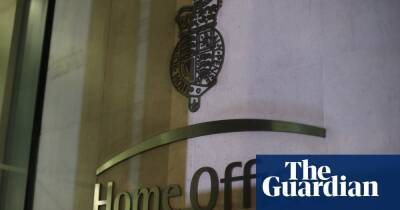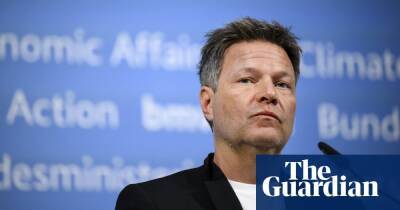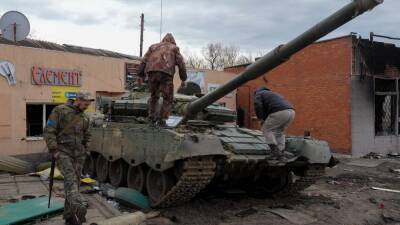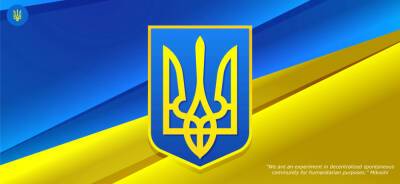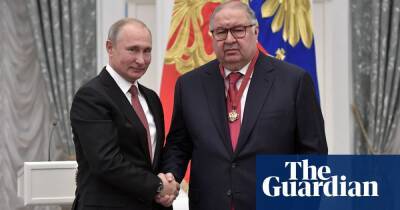The Guardian view on the sanctions siege: pain felt way beyond Russia
In 2017, Vladimir Putin claimed the nation that mastered artificial intelligence “will be the ruler of the world”. He wanted Russia to be an AI superpower by 2030. After invading Ukraine, he may have to wait rather longer to achieve such supremacy – if he ever does. Sanctions mean Moscow cannot easily access the high-end chips that AI requires. Homegrown substitutes will not cut it. Russia’s leading chip-maker is only capable of mass producing semiconductors last used in computers a decade ago.
After being sanctioned, Russia finds itself exposed to geopolitical systems controlled by others. Western nations are tearing up treaties and ending foreign investment. Multinational companies are leaving, often because of reputational concerns rather than any ban. On Thursday, the UK and US announced further sanctions on Russian lawmakers and state-owned companies.
Russia’s importance to the globe goes beyond its size as the world’s 11th-largest economy. Reorienting Russian oil, gas and coal exports away from the US and EU to Asian importers would be a big economic shock. Moscow weaponised its gas exports this week by demanding rouble payments from unfriendly European nations. But high oil and gas prices will shift investment back into extractive industries, risking a reversal of the planet-saving trend towards clean energy.
Closing off the Black Sea’s Eurasian land bridge would also add pressure to congested sea trade routes. Russia is the source of many essential minerals. About 25 African countries import more than one-third of their wheat from either Russia or Ukraine. The UN’s development arm, Unctad, warned on Thursday that poorer nations face if not unrest then a “profound social malaise” and “a downward spiral of insolvency,
Read more on theguardian.com

